Why Leaders Need to Rest and Manage Their Energy
With a couple of bank holidays during this month, it’s got me thinking about why rest is so important for leaders. The idea of slowing down to speed up is one we talk about regularly, but it feels counterintuitive and often unimportant when we have so much going on both personally and professionally.
I thought I’d look at the four types of energy and why it’s key for leaders to manage them effectively, slow down and get some much-needed rest!
Physical energy
This is what we all tend to think of when we hear the term ‘energy’. It encompasses factors such as the quality of your sleep, your nutrition, exercise and overall health. This type of energy is the foundation to all other types of energy. If neglected, leaders will feel fatigued and productivity will diminish.
Mental energy
This is all about our cognitive processes; how well we can focus, concentrate and problem-solve; all important attributes of great leaders who need to remain engaged and apply critical thinking. Leaders are often distracted and attempting to multitask daily to get through the never-ending ‘to do’ list. Taking regular breaks, limiting distractions and practising mindfulness are great ways to help.
Emotional energy
Leaders with high levels of emotional energy are able to recognise, express and regulate their emotions effectively. Therefore, this plays a huge role in managing relationships with colleagues and fostering a positive work environment. If leaders lack emotional energy, they may struggle with stress or anxiety and when dealing with conflict.
Spiritual energy
This is understanding your purpose and feeling connected to something greater than yourself. When leaders cultivate their spiritual energy they have a strong sense of direction and motivation. This means they are able to act with higher levels of resilience and feel more fulfilled in what they achieve.
What’s the risk of leaders not effectively managing their energy levels?
In the short term, leaders will find themselves on a path to exhaustion, with less creativity and compromised decision-making skills. It may feel like working those long hours and dipping into emails at the weekend are creating short-term wins, but in the long-term, this can lead to burnout. By modelling unhealthy behaviours, leaders are creating unhealthy cultures and encouraging others to do the same, even if not intentionally.
Taking time to slow down (which doesn’t have to be lounging on the sofa!) will help to replenish energy and help leaders be better equipped to think strategically, operate at their peak performance levels and inspire their teams.


